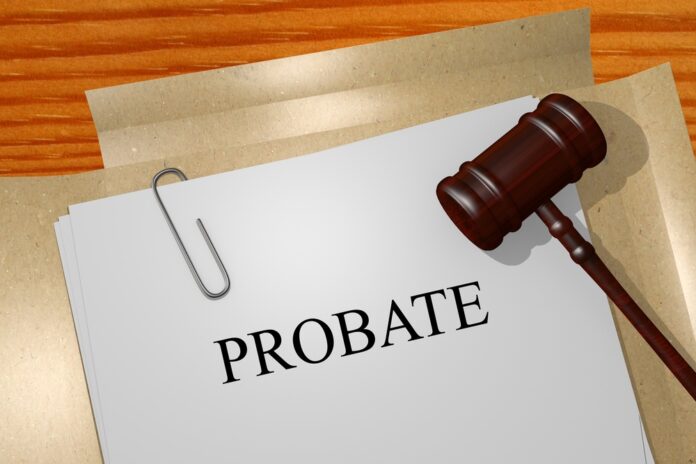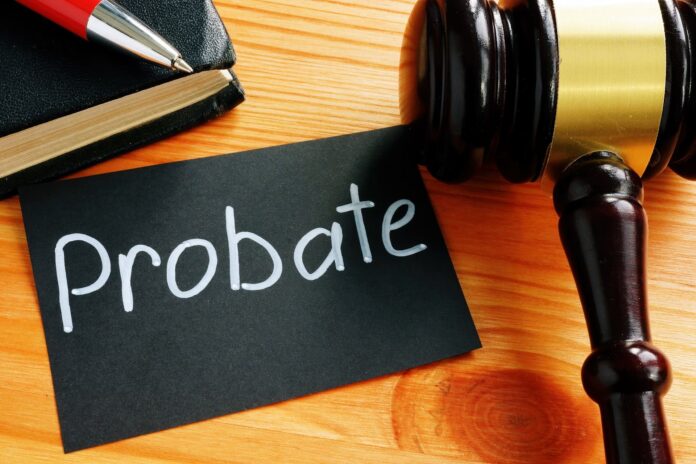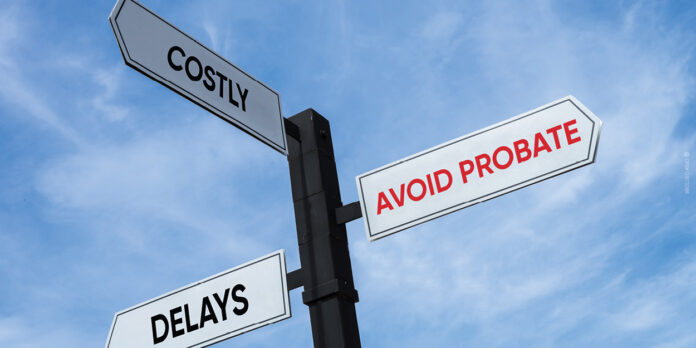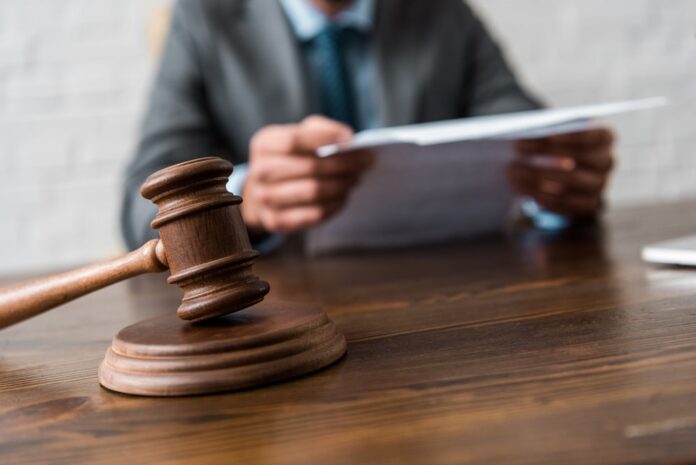Probate is a complicated and sometimes perplexing procedure involving judicial proceedings and legal criteria. Anyone involved in the probate process, whether as an executor, beneficiary, or worried family member, must understand the fundamentals of the procedure.
This post will look at four crucial things you need to know about probate to traverse this complex terrain with clarity and confidence.
1. What Is Probate?

This is the legal process that distributes a deceased person’s assets and settles their obligations. It entails verifying the deceased person’s will, identifying and assessing the deceased person’s property, paying off existing debts, and distributing the remaining assets to the beneficiaries or heirs by the will or state law.
2. Critical Aspects of the Probate Process

The probate procedure entails numerous essential factors that must be handled to settle a deceased person’s inheritance. Each component is critical for ensuring the deceased person’s assets are allocated to the intended recipients.
If you need legal assistance through the probate procedure, look for a reputable probate lawyer near me. A probate lawyer can help you navigate the complexity of probate, ensuring that the estate administration runs efficiently and legally. The following are the most essential parts of the probate process:
The Validation of Will
This is normally performed by submitting the will to the probate court, examining its contents, and confirming that it conforms with all legal requirements. If the will is genuine, it becomes the guide for asset distribution. If no will is discovered, the estate is called “intestate,” state rules govern how assets are dispersed.
Appointment of an Executor or Personal Representative
The executor administers the deceased person’s estate and distributes their assets by their intentions and the law. The executor is typically named in the deceased person’s will. In the absence of a will, or if the nominated executor is unable or unwilling to serve, the court may appoint a personal representative to carry out these obligations. Typically, the appointment is validated through court action.
Inventory and Appraisal of Assets
The executor or personal representative identifies and lists the dead person’s assets. Real estate, bank accounts, investments, personal property, and other possessions are all included. Following the completion of the inventory, the executor arranges for a professional evaluation to ascertain the fair market worth of each item. This assessment is necessary for computing estate taxes, resolving disputes, and guaranteeing equitable distribution to beneficiaries.
Payment of Debts and Taxes
Before dispersing assets to recipients, the executor must pay any outstanding bills and taxes the deceased owes. This includes notifying creditors and giving them the authority to bring claims against the estate. The executor is in charge of ensuring that any legitimate claims are paid from the estate’s assets.
Handling Disputes and Challenges
Beneficiaries, potential heirs, or creditors may raise disputes or challenges during the probate procedure. These conflicts can include objections to the will’s legitimacy, arguments about asset distribution, or challenges to the executor’s activities. The probate court will explore these concerns and make decisions to resolve disputes fairly and by the law.
Distribution of Assets
Once all obligations, taxes, and valid claims have been paid, the executor can divide the remaining assets among the beneficiaries according to the will or intestacy regulations. The distribution must adhere to the legal rules and the deceased person’s desires as expressed in the will.
Final Accounting and Closing of the Estate
The executor or personal representative is responsible for preparing a final account that details all financial transactions, including revenue, costs, and distributions. This account is being reviewed and approved by the probate court. The estate is formally closed, and the executor’s obligations are completed after the court accepts the final accounting.
3. Avoiding Probate

Many people want to avoid it to streamline the transfer of their assets and reduce the related fees and delays.
Strategies for Avoiding Probate
While probate is required in some circumstances, there are ways to avoid it entirely. One popular strategy is to engage in estate planning and employ legal tools that allow assets to be transferred outside of probate. Establishing a living trust, for example, permits assets to be given directly to beneficiaries without going through probate.
Furthermore, joint ownership and beneficiary designations on assets such as bank accounts, retirement accounts, and life insurance policies might aid in the avoidance of probate.
Pros and Cons of Avoiding Probate
Avoiding it can offer certain advantages, but it is also essential to consider the potential drawbacks.
Pros:
Time Savings
Probate can be time-consuming, taking months or even years to complete. By avoiding it, assets can be delivered to recipients more rapidly, giving them timely access to their inheritance.
Privacy
Probate processes are usually public records, meaning anybody can learn about the deceased person’s assets and beneficiaries. The details of asset distribution can be kept private by avoiding probate, providing a higher level of confidentiality.
Cost Savings
Due to court expenses, attorney fees, and other administrative charges, probate can be costly. By avoiding it, these costs can be reduced or avoided, allowing more of the estate to be distributed to beneficiaries.
Flexibility
Avoiding it allows for greater flexibility in how assets are dispersed. In a living trust, the grantor can express particular instructions for asset distribution, allowing for customized arrangements.
Cons:
Upfront Costs
Creating a living trust or other probate-avoidance measures may require an initial investment. Hiring a probate lawyer near me to write the proper legal documents and set up the trust might be costly.
Lack of Court Oversight
While bypassing probate can provide freedom, it also means that the court does not directly oversee the asset distribution procedure. This may result in disagreements or challenges from angry recipients and opposing interpretations of the grantor’s intentions.
4. The Importance of Seeking Professional Advice

Navigating the probate procedure can be difficult, especially for those who have never dealt with it. Getting professional counsel from a probate lawyer near me, estate planning attorneys, accountants, or financial advisors are strongly advised.
These professionals can aid with estate planning methods, the probate process, and minimizing potential complications or disputes. Their knowledge ensures that the law carries out the probate process efficiently and accurately.
To Sum It Up
Probate is a legal process that impacts asset distribution when someone dies. Understanding the critical parts of probate, such as asset inventory and assessment, debt and tax payment, asset distribution, and the accompanying time and cost issues. Furthermore, understanding how to avoid probate through estate planning instruments like living trusts and beneficiary designations might be beneficial.
However, assessing the benefits and drawbacks of avoiding probate and obtaining professional guidance is critical to ensure that the procedure runs smoothly and per the law. Individuals can protect their assets, provide for their loved ones, and reduce potential issues during probate by proactively understanding probate and engaging in estate planning.









